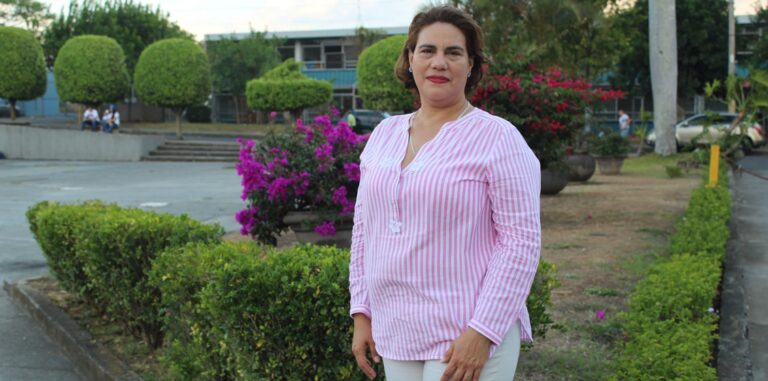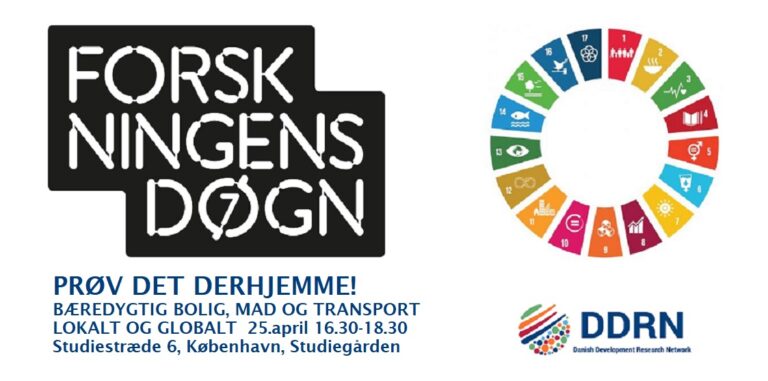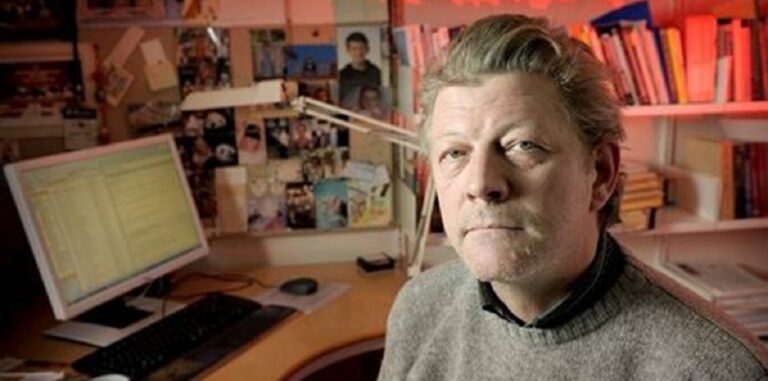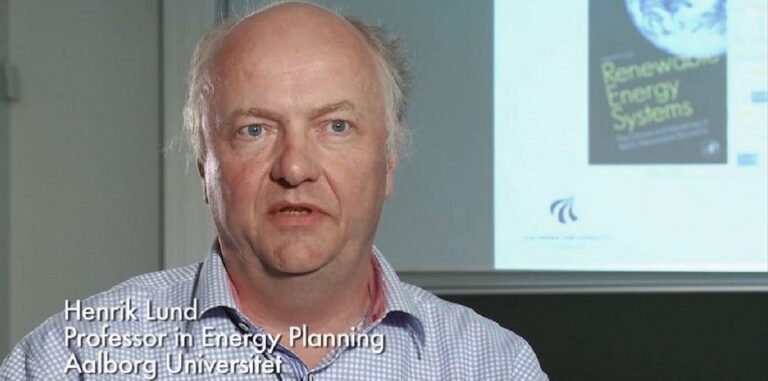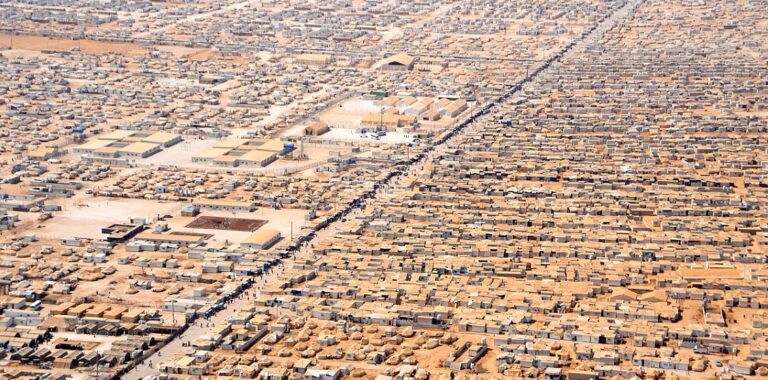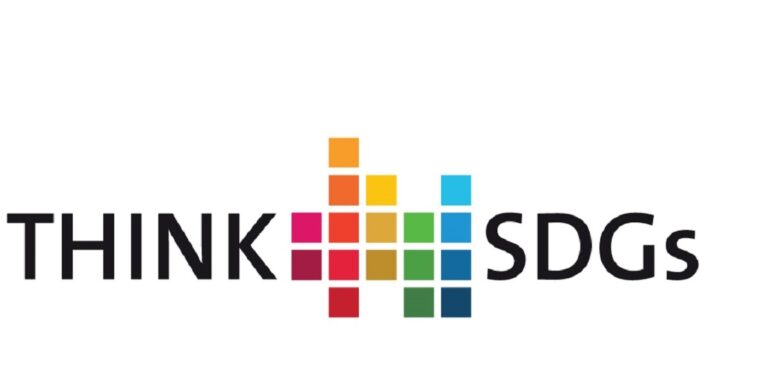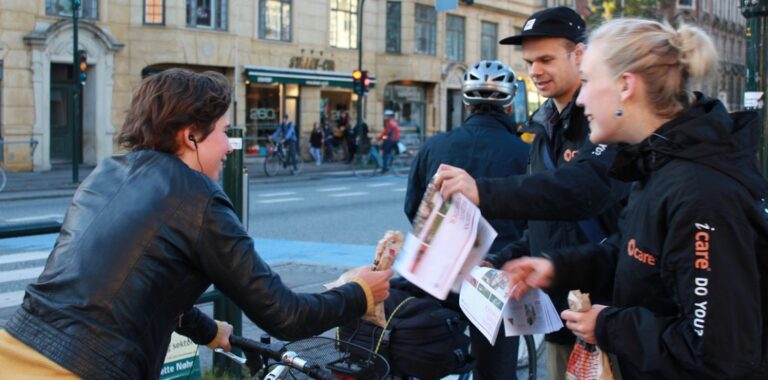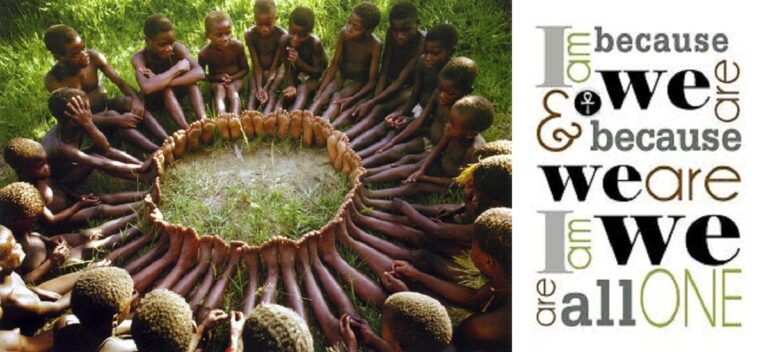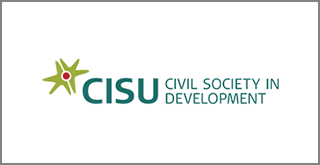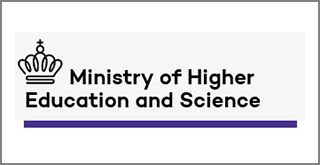Latest posts
Nicaraguan sociologist in exile
The renowned Nicaraguan sociology researcher Elvira Cuadra has been working from her exile in Costa Rica since December 2018. She is one out of at least 55.000 people from Nicaragua who has escaped for political asylum in the neighboring country.
Read More
Prøv det derhjemme! Bæredygtig bolig, mad og transport – lokalt og globalt
DDRN dialogue with researchers during the Danish Science Festival on 25 April 2019, 16.30-18.30 at Studiestræde 6, Copenhagen. The dialogue is in Danish and entitled 'Try this at home! Sustainable home, food and transport' Discuss with three senior researchers at Danish universities and four PhD student from China, Pakistan and Bolivia currently studying in Denmark.
Read More
DDRN is back!
On 14 January 2019, DDRN held its first General Assembly since a relaunch of DDRN was initiated in the second half of 2016. The General Assembly elected the members of the DDRN Board 2019-2020 to replace an Interim Board functioning during 2016-18. Associate Professor Johannes Dragsbæk Schmidt, Aalborg University, was elected Chairman of DDRN.
Read More
Low carbon urbanisation policy in China – connecting with an AAU research group
Qiaoran Wang travelled from China to the Sustainable Energy Planning Research Group at Aalborg University (AAU) for co-supervision during her PhD project on urbanisation and energy transition in China. China is going through a process of rapid urbanisation. The priority to increase the use of renewable energy motivated Qiaoran Wang to focus on low carbon urbanisation policy. How can renewable energy be used in the residential sector? She spent the final year with the research group and went back to her home university, Yunnan University, South West China, in September 2018 for the PhD defence.
Read More
Blockchain: Solutions for vulnerable citizens?
How do the world’s most vulnerable inhabitants, living in refugee camps, areas of conflict, and developing countries engage with international legal practices, and economic markets? Emerging blockchain technologies are developing to improve upon the ‘legal-limbo’ that many of the world’s most vulnerable citizens find themselves in.
Read More
Challenge-Driven Innovation (CDI)
“Do we want to make the world a more sustainable place through concentrated efforts around a complex societal challenge? In the “Utmaningsdriven Innovation” (UDI) (“Challenge-Driven Innovation" (CDI) program) we create the conditions for actors that want to investigate, develop and implement innovative solutions that contribute to the sustainability targets of the 2030 Agenda”.
Read More
Blockchain backing transparency?
Corruption represents a major obstacle in reaching the Sustainable Development Goals. The activity hampers economic growth and increases poverty, depriving the most marginalised groups of equitable access to vital services such as healthcare, education and water and sanitation. Development practitioners should now start to modernise their approach to preventing petty corruption from hindering their agendas and look towards new technologies.
Read More
Constructive Journalism: Positively Correct News
Verdens Bedste Nyheder use constructive journalism to write news stories on global development. They regularly publish news on their website, as well as Facebook, Twitter, and Instagram. Every Friday you can read the articles in the free newspaper B.T.metro.
Read More
Hall of Shame?
Hijacked journals and predatory publishers are phenomena facing the aspiring researcher in the South and North alike. Which are the pitfalls? Is Open Access a cause or a remedy? You are invited to take a stand in the controversy about these ‘by-products’ of universities’ pressure on faculty staff for increasing scientific publication.
Read More
Ubuntu – a different meaning altogether
Ubuntu refers to African customary law, based on the value: ‘I am because we are’. Nadeem Salie’s PhD thesis argues, as entitled, that ‘The utilisation of Ubuntu can promote accountability in public officials and state institutions as well as give effect to social solidarity in South Africa’. Nadeem spent more than seven months at Department of Anthropology, University of Copenhagen, to study the Danish welfare state as part of his thesis work.
Read More
DDRN UPDATES






























